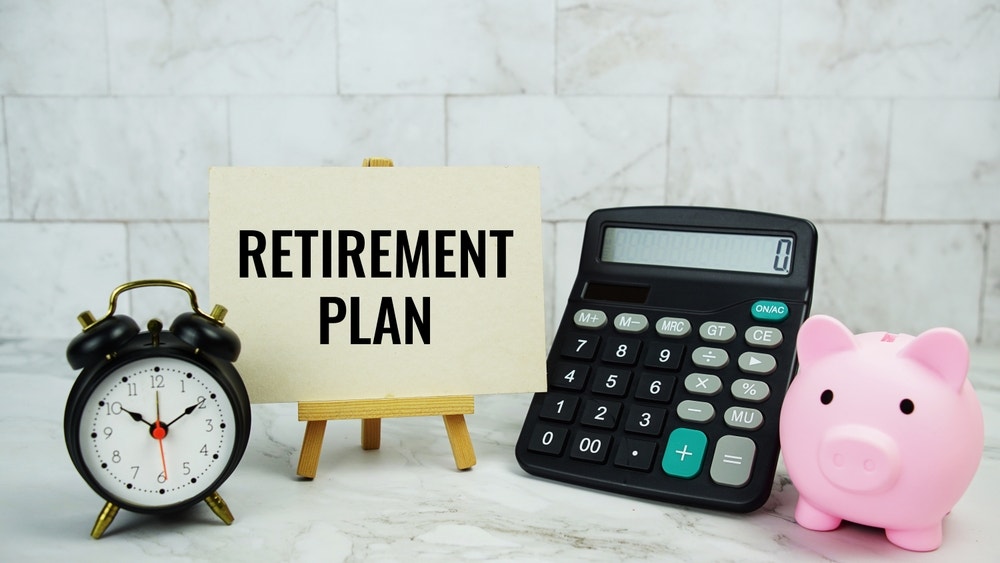Imagine being more afraid of going broke than dying. 64% of Americans say that running out of money in retirement scares them more than death itself, according to an Allianz Life survey.
Many factors and economic pressures are causing this fear of running out of money, but rising prices are the biggest culprit. 54% of those surveyed said inflation is what keeps them up at night. Beyond inflation, 43% are worried that social security will not provide as much financial support as they need in retirement, and 43% are anxious about high taxes eating into their savings.
Don’t Miss:
Americans worry about running out of money across generations, but Gen Xers, who are getting closer to retirement age, are the most nervous at 70%. Millennials aren’t far behind at 66%. Even 61% Boomers, who are already in or near retirement, still have the same fear.
Despite the overwhelming concern, not many people are taking actual steps to protect themselves from financial troubles in their golden years. The survey found that only 23% have talked with a financial professional about how to make their money last, down from 28% a year earlier. And 62% say they are not saving as much for retirement as they would like.
It seems that most Americans are clearly aware of the stakes, but awareness isn’t enough. When asked what might help ease their retirement fear, 44% said to save more for retirement, 41% said cutting back on current spending and 39% responded working longer and delaying retirement. These sound straightforward, but they can be tough to pull off if you’re living paycheck to paycheck.
Trending: An EA Co-Founder Shapes This VC Backed Marketplace—Now You Can Invest in Gaming’s Next Big Platform
If you’re worried about running out of money when you stop working, here are a few steps you can take now to ease that anxiety.
Take stock of what you own. Check your savings, retirement accounts and monthly expenses so you have a clear picture of where you stand.
Consider high-yield savings accounts. Even if you don’t have $50 extra to put toward savings each month, at least use a high-yield savings account so the money you already have earns more interest.
Don’t leave free money on the table. If your employer offers a match on retirement contributions, contribute enough to get the full match.
Pay down high-interest debt. Credit cards and other high-interest loans will eat into money you could be saving, so prioritize paying them down.
Get a second opinion. Meet with a financial planner or advisor to help you calculate how much you’d need for retirement and plan for things like inflation and taxes.

